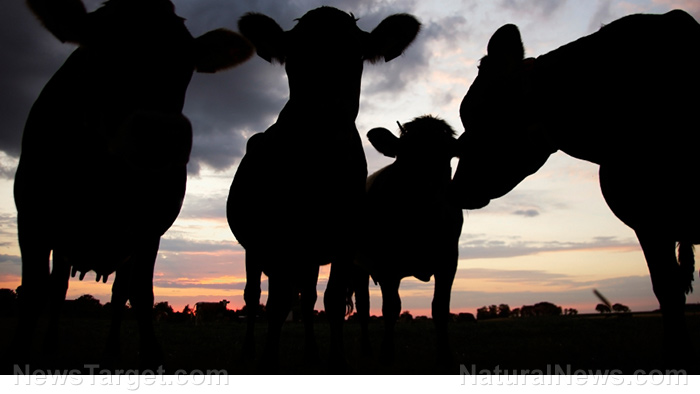 Parler
Parler Gab
Gab
Low-cost poultry a thing of the past
In the long run, the low-cost poultry could be a thing of the past as two top chicken companies merged with a third to control 15 percent of the chicken market. This means that the top four chicken companies now hold a 60 percent market share, pushing out lower-level farms. This move could be the start of a wave of consolidation in the chicken industry, experts warn. More crunch could further centralize power among the biggest processors. When this happened before, chicken processors often charged higher prices and kept more of the profits despite little change to what the farmers and the factory workers are paid. Overall, consumers lose when they have fewer choices in the supermarket, according to Joe Maxwell, the president of the advocacy group Farm Action, which consults with the Department of Justice investigators as they deliberated on the merger. Cargill and Continental Grain's acquisition of the publicly traded Sanderson Farms is "disturbing," Maxwell said. "The manipulation which can go on within the market on feed costs, knowledge, data, could be used against the other 40 percent, only causing greater concentration in the future. When you get to these levels of control of a market, it allows for corruption, collusion and price-gouging." (Related: Minnesota temporarily bans sale and exhibition of poultry, claiming avian flu is hitting over a million birds in the state.) Concerns over a further consolidation of the industry were tempered by the proposed consent decree with the companies, which would monitor the chicken companies for anti-competitive practices, pay workers for past harms and prevent companies from exchanging information about wages and benefits. All of the consent decrees must be approved by a court after a 60-day period that allowed for public comments. Federal policy solutions are necessary to restore fair and competitive conditions, said policy director for Family Farms and the Environment, Patty Lovera. She said her organization is prepared for more consolidation as s result of the Wayne-Sanderson deal. "This is already an industry where a handful of companies have a lot of power. Any deal like this makes that trend even worse," she said. Visit FoodSupply.news for more updates about rising food costs due to inflation. Watch the video below to know more about soaring food prices. This video is from the TruNews channel on Brighteon.com.More related stories:
Government says "bird flu" responsible for rising egg prices.
3 Reasons why CHICKEN prices are set to rise across the world.
Food supply 101: Differences between farm-fresh eggs and store-bought eggs.
Sources include: Finance.Yahoo.com WashingtonExaminer.com Forbes.com Brighteon.comINFLATION BOMB: American household spending over $700 MORE per month due to inflation
By Mary Villareal // Share
Oklahoma cattle producers warn drought conditions could push beef prices to $50 a pound
By Arsenio Toledo // Share
Inflation Reduction Act will not fight inflation but only force Americans to pay more in taxes
By Arsenio Toledo // Share
Range test finds gas pickup can tow 2,000-lb trailer 2.8 times farther than new electric pickup
By Arsenio Toledo // Share
Governments continue to obscure COVID-19 vaccine data amid rising concerns over excess deaths
By patricklewis // Share
Tech giant Microsoft backs EXTINCTION with its support of carbon capture programs
By ramontomeydw // Share
Germany to resume arms exports to Israel despite repeated ceasefire violations
By isabelle // Share










